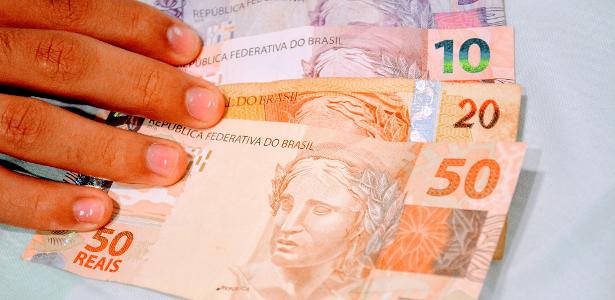Committee agrees to limit the use of cash
2 min read

Today, the Economic Affairs Committee approved a draft law banning cash transactions in four different forms. The goal is to try to make it difficult to launder money or hide goods and values, as well as to use economic systems to engage in illegal activities.
According to PL, the change will be valid for transactions over R$10,000, payment of bank vouchers over R$5,000 (and over R$10,000 for non-residents of the country); Trading above R$100 thousand (excluding transfers by value companies), and possession above R$300 thousand, except for specific cases.
Now, the proposal goes to the CCJ (Commission on Constitution, Justice and Citizenship), for a final decision. The text can then be sent for analysis by the House of Representatives.
PL 3.951/2019 was authored by Senator Flávio Arns (Podemos-PR), and received a favorable opinion of the Rapporteur, Senator Alessandro Vieira (Citizenship-SE).
In justifying the project, Arens explained that the use of cash “facilitates the laundering of resources in corrupt activities, facilitates tax evasion, as well as provides opportunities for crimes such as bank robberies, and ATM robberies, among others.” He explained that similar measures have already been implemented in countries such as the United States, Canada and Australia, in addition to some European countries.
The text also received an amendment by Senator Oriofsto Guimarães (Podemos-PR) banning the use of cash in real estate transactions. This is due, according to the congressman, because this type of operation is used to hide unexplained assets or launder illegally obtained money.
Although he accepted the text, Senator Alessandro Vieira made it clear that Brazil already had similar legislation in place. This is the case of the Federal Revenue Service’s Standard Instructions 1,761, of 2017, which requires the reporting of cash transactions in transactions over R$30,000, including donation cases.
In addition, according to Central Bank Circular No. 3839 of 2017, customers who wish to make a cash deposit, cash withdrawal or cash withdrawal by means of a prepaid card, in an amount equal to or greater than 50 thousand, must inform their intentions and report the data to the banks concerned, which has to forward this information to the Financial Intelligence Unit (UIF), formerly known as (Coaf),” he added in his report to CAE.
However, the rapporteur considers that legislative action is necessary “in order to facilitate the work of the Public Prosecution Office and prevent the occurrence of various crimes.” In addition, the senator argues that the Brazilian banking system is qualified and allows financial transactions to be conducted electronically, making it easier for the authorities to track any financial movement.
*With information from the Senate Agency

“Devoted food specialist. General alcohol fanatic. Amateur explorer. Infuriatingly humble social media scholar. Analyst.”
